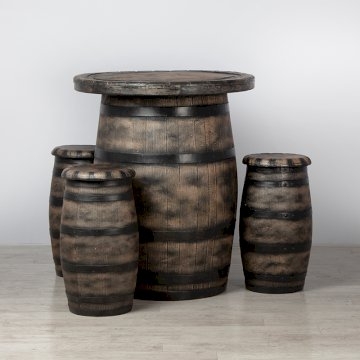Coronation Furniture Hire
There are a handful of events in history where you remember exactly where you were, what you were doing and who you were with. The King’s Coronation will be one of these monumental moments in time. King Charles III has enormous shoes to fill as his Mother reigned for a total of 70 years and 214 days, the longest of any British monarch. The King’s Coronation will be a time for celebration and pageantry, reflecting on the monarch’s role today and looking towards the future.
Understanding the Kings Coronation
The crowning of a monarch is an extraordinary and momentous event, marking the beginning of a new reign and carrying on the longstanding tradition of monarchy. In the United Kingdom, the coronation ceremony has been held in Westminster Abbey for centuries, and it is a fascinating blend of symbolism, ritual, and grandeur. On Saturday 6th May 2023 the nation and the whole world will watch the coronation of King Charles III. This is exactly 8 months on from his automatic appointment as King on September 8th 2022.
Whether you love the Royal Family or try to avoid hearing anything about them, if there’s one thing they know how to do, (alongside their advisors) it’s how to throw a party. The nation will in turn rejoice in the celebrations, especially embracing the extra bank holiday on the 8th May.
What Happpens on the Day?
Following the death of Queen Elizabeth II, her son Prince Charles of Wales automatically became King. Since September, a group of officials and advisors have worked closely with the monarch to plan every detail of the coronation, from the seating arrangements to the order of the procession.
London will be a hubbub of celebration, laughter and cheering. Onlookers will be eager to catch a glimpse of the new monarch as he and the King's Consort travel to Westminster Abbey. The coronation ceremony is an intricate and elaborate event, comprised of several stages and elements.
At the core of the coronation is the anointing, where the new monarch is blessed with holy oil and crowned with the St Edward's Crown, a solid gold crown adorned with precious jewels. This segment of the ceremony symbolizes the divine right of the monarch to rule and is a powerful representation of their authority and responsibility.
Another significant aspect of the coronation is the oath of allegiance, where the new monarch pledges to uphold the laws and customs of the kingdom and to serve the best interests of their subjects. The coronation also involves prayers, hymns, and readings that reflect the religious and cultural traditions of the nation and the monarch's personal beliefs.








